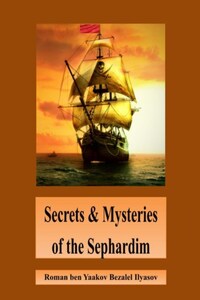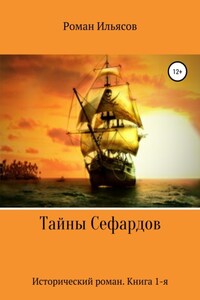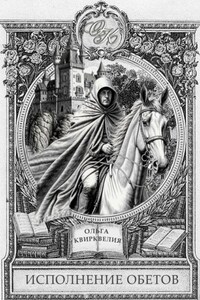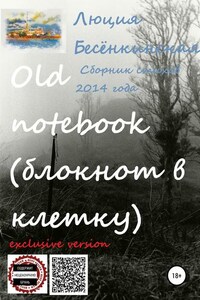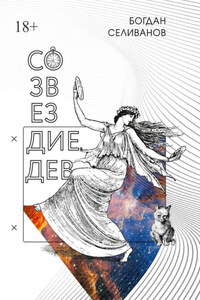The book “Secrets & Mysteries of the Sephardim”1 focuses on events on the Iberian Peninsula2 in the 15th century.
It is based on historical facts about the lives of the Portuguese and Spanish monarchs.3 These facts are partially or fully opposite to the legends created by the monarchs and influential political figures of the Holy Roman Empire4 of that time.
It is also based on the archival data of papal bulls5 found in the Vatican Apostolic library and many other archival sources.
And, of course, it is based on the genetic research of Christopher Columbus’ brother and son’s genes. This research and Columbus’s writing style questioned Columbus’s Italian origins and revealed his Portuguese-Sephardic origin. It also proves that Columbus’ birthplace was not Italy or Spain but Portugal. Readers can find a detailed description of the research in the book, “Christopher Columbus was Portuguese!” by Dr. Manuel Luciano da Silva.
Another mystery is where the name Columbus originated. There were many cases in history where people took the surnames of those who influenced their lives significantly.
In the opinion of this book’s author, Christopher Columbus might have taken the name of a person whose identity he could not reveal because of sensitive circumstances. But who was this person? And what heroic deed did this person perform that affected him so profoundly?
Along with the great Sephardim, such as Columbus and other prominent Sephardim who glorified the Sephardim throughout the world with their deeds, the first book includes characters from the time of Columbus who dishonored their Sephardic origin with their actions. These people are inhumane and include, among others, Thomas Torquemada.6
CHAPTER I. Portugal 1444 – 1459
It’s early morning in the palace, and two dozen servants are bustling about in the breakfast room.
The butler, standing at one of the large hall windows, was restlessly wiping the moisture from his pale face. His hand was half-trembling, and he often glanced through the window at the chapel. He motioned to the servants, setting the food on the table to hurry, and irritably made remarks to them when he saw they were not placed neatly.
According to traditions established by Pedro,7 Duke of Coimbra,8 all members of the royal family, both adults and children, must gather for a family breakfast every Sunday after morning prayers. Because of his busy schedule, Pedro wasn’t able to see his family every day. Therefore, a few hours during breakfast allowed him to meet them and discuss any concerns or problems that arose during the week.
“Thank God, we seem to have time,” the butler sighed with relief. He walked around the table again and ordered the servants to straighten the chairs. Then, he excused everyone and had 10 servants from the adjacent hall enter. These servants were more qualified in serving and were specially trained in court manners. It would be their job to serve the royal family members during the morning meal.
The butler again went to the window, crossed himself, and said, “Thank God,” as he saw members of the royal family leaving the palace chapel. Shortly after that, the door opened widely, and Duke Pedro, his wife, Duchess Isabella of Urgell,9 a prince, four infantes10, and three infantas appeared on the threshold.
With a broad smile, the butler approached the incoming monarchs. He bowed and said in a monotonous tone, “I ask your royal highnesses and your lordships to the table.”
The servants, dressed in elegantly starched clothes, immediately approached the carved oak chairs and bowed. Holding on to the high backs of the chairs with one hand and with beautiful movements of the other, they indicated to each family member to take their places according to position and age.
Duke Pedro was the guardian of his nephew, Prince Afonso,11 who was to become the king of Portugal in a year and a half on his coming of age. Pedro was the second son of the late King of Portugal, João the Great.12 After João’s death, the throne was inherited by Pedro’s older brother, Edward I.13 He ruled Portugal for only five years until he died of the plague at 46.
After Edward’s death, his wife, Queen Eleanor of Aragon,14 was denied the regency15 of her minor son, and Pedro temporarily inherited the throne.
He was elected the trustee of the king’s two minor sons, Prince Afonso and infante Fernando.16 The rules of the Portuguese court say a prince who reached 14 (the age of majority) had the right to rule.
After Duchess Isabella took her place at the table, the duke sat to her right. The seat next to the duke belonged to 12-year-old Prince Afonso. Afonso’s brother, 11-year-old Infante Fernando, sat next to him. The duke and duchess’s children held the following places: infantes Pedro,17 João,18 James19 and infantas Isabella,20 Beatrice,21 and Philippa.22
After everyone took his or her seat, the duke told the butler, who looked sickly, to leave. Then, he announced: “Now let’s praise God for all that he has given us.” Pointing to the decorations on the table, he uttered a short prayer: “Bless us, O Lord, for these, Thy gifts, which we are about to receive from Thy bounty, and grant that all people have their daily bread. Through Christ, our Lord. Amen.”
